 FALLS CHURCH, VA. (AP) — The Supreme Court of Virginia, now tasked with drawing new legislative districts in the state to conform with the 2020 census, has told Republicans to submit three new nominees to help it in its task amid complaints that they are too partisan.
FALLS CHURCH, VA. (AP) — The Supreme Court of Virginia, now tasked with drawing new legislative districts in the state to conform with the 2020 census, has told Republicans to submit three new nominees to help it in its task amid complaints that they are too partisan.
In a unanimous ruling signed by the chief justice, Donald Lemons, the court said the nominees “must be neutral and must not act as advocates or representatives of any political party.”
Democrats had objected to the three nominees put forth by Republicans, saying all three had a history of partisanship that was disqualifying. Republican legislative leaders defended their nominees and said Democrats’ objections were “a media and mud-slinging attack meant to dirty the process before it even starts.”
The court’s order outright disqualifies one of the three nominees and expresses that the other two have similar conflicts. The order requires Republicans to come up with at least three more nominees by Monday.
The court also rejected one of the three nominees put forward by Democrats. The ruling said that nominee had cited his own reservations about working under the process set forth under Virginia law. Democrats were told to submit at least one more name by Monday.
The task of redistricting for the Virginia General Assembly and the state’s congressional delegation has fallen to the court under a new law approved by voters in a 2020 referendum.
The law created a bipartisan redistricting commission that was supposed to submit new maps to the state legislature for approval. But the commission failed to sign off on a single map, with Democrats and Republicans on the commission evenly divided on almost every proposal that came before them.
The court’s role in the process is being watched closely now that the duties have been shifted to them. Democrats who opposed the 2020 referendum had argued that the court leans Republican and that the maps would reflect a GOP bias.
In its order Friday, the court took pains to emphasize that it wants to keep the process as free from partisanship as possible. It said the special masters it selects “will not be permitted to consult with any political parties, partisan organizations, outside experts, or any other person or entity except for their personal support staff and individuals specifically authorized by this Court.”
Once the court receives a list of nominees it considers acceptable, it will appoint one special master from each side, who will then be given 30 days to work together and come up with a single set of maps for the court to review.
___
An earlier version of this story said all three GOP nominees were rejected. The court’s order only explicitly disqualifies one nominee and expresses concerns about the other two.



